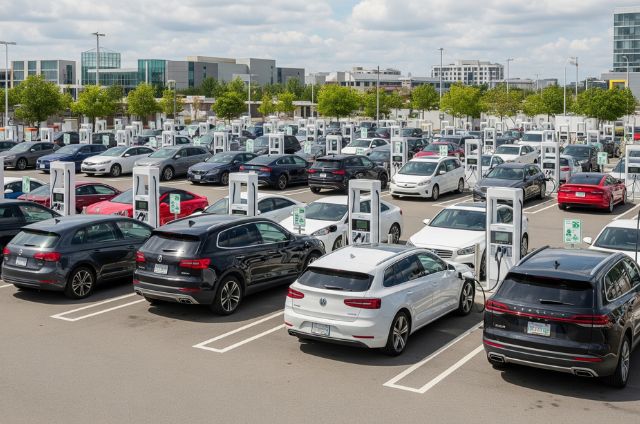Canada Considers Lifting Tariffs on Chinese EVs — What’s Really at Stake?
Rumors that Canada may lift tariffs on Chinese electric vehicles have sparked massive debate across EV communities. While the report lacks official sources, the conversation it’s ignited is anything but quiet. At the heart of it all: the balance between affordable cars, political risk, and protecting domestic manufacturing.
Politics, Pressure, and Positioning
Some users argue the rumors are strategic—meant to pressure U.S. policymakers or signal frustration with stalled trade negotiations. Others believe it’s about realignment: Canada shifting toward China for green tech growth.
The stakes are high. Ontario, home to much of Canada’s auto manufacturing, is politically vital. Removing tariffs risks thousands of jobs and alienating a critical voter base. But the agriculture sector, hit by retaliatory tariffs from China, wants relief too.
The Voter Dilemma
One user summarized the political math: urban voters want cheaper EVs, prairie farmers want ag tariffs dropped, and Ontario workers want job security. That puts Prime Minister Mark Carney in a tight spot.
Some predict a middle-ground solution—reduced tariffs instead of full removal. That could allow more Chinese EVs in without completely undercutting the local industry.
EV Access vs. Auto Sovereignty
Many users point out that Chinese EVs are already making waves globally, offering strong performance at significantly lower prices. Some asked: Why are Canadians still paying $70K for an Ioniq 5 when countries like Australia enjoy sub-$30K options?
Several also noted that many Chinese EVs now come equipped with fast charging capabilities that rival or exceed North American brands, adding even more pressure on legacy automakers to compete.
Others warned that dropping tariffs could gut what’s left of Canada’s domestic EV industry. But many agreed: the U.S. isn’t offering much incentive to stick with them, especially with rising trade tensions.
The Bottom Line
This isn’t just about tariffs—it’s about Canada’s auto future, trade independence, and consumer choice. And the longer Ottawa waits, the louder the question gets: Why not now?



